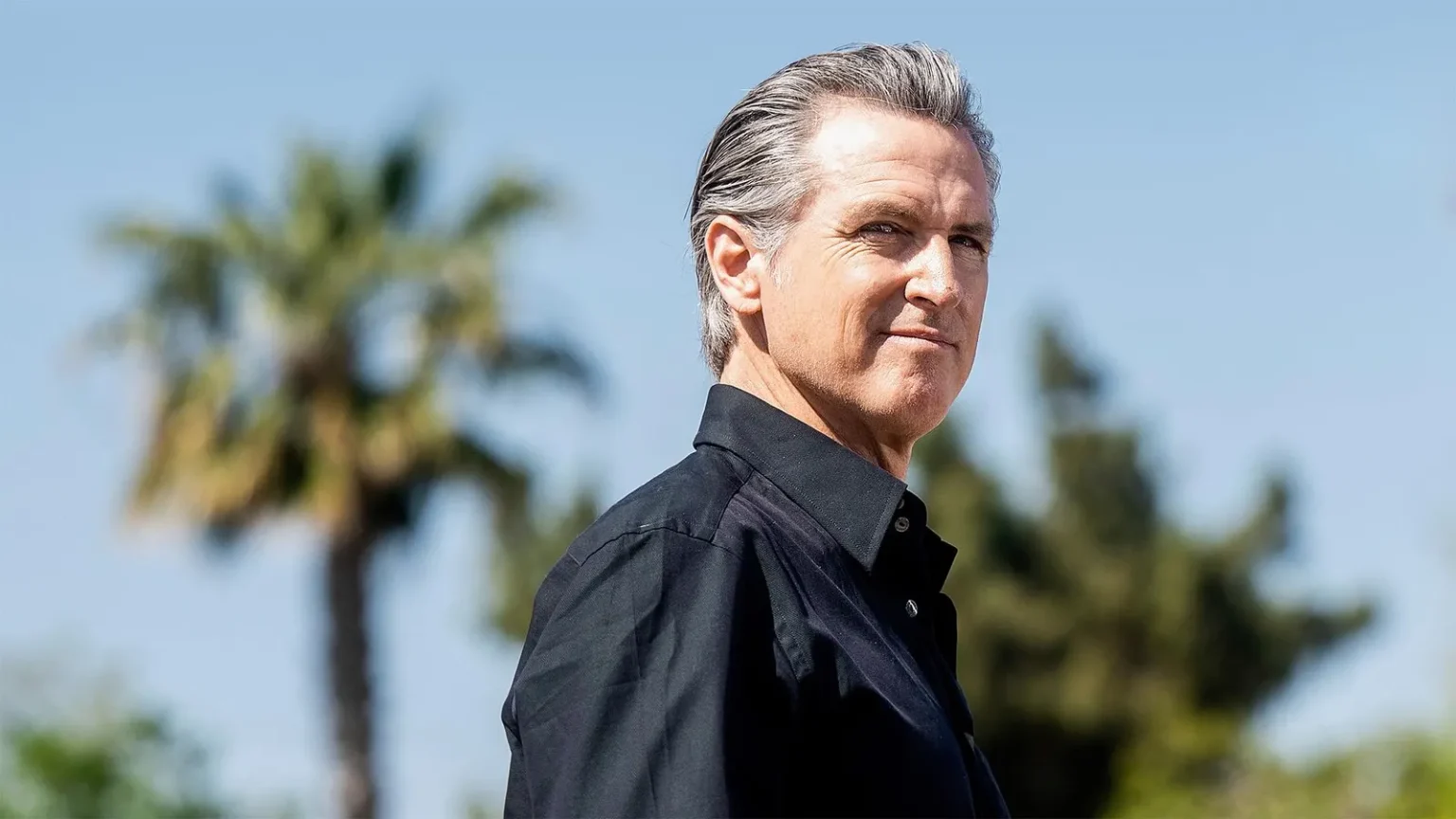Gavin Newsom: The Wine Mogul Governor of California
Gavin Newsom, California’s current governor and potential presidential contender, has built a remarkable dual identity as both a powerful politician and successful businessman. Founded with help from oil heir and billionaire Gordon Getty, Newsom’s PlumpJack Group has grown from a single wine store into a hospitality empire spanning wineries, restaurants, and hotels across California. Despite his rise to one of the most powerful positions in American politics, Newsom has maintained ties to the business he calls his “babies,” creating a situation that draws parallels to criticisms leveled at other wealthy politicians who maintain business interests while in office.
Newsom’s path to success was influenced by valuable connections from an early age. His father, William Newsom, was a close friend of former California governor Jerry Brown and worked as an administrator for the Getty family trusts. Despite struggling with dyslexia and academic challenges at Santa Clara University, Newsom launched his business career shortly after graduation. In 1992, he co-founded PlumpJack Wine & Spirits in San Francisco, naming it after Shakespeare’s rotund character Sir John Falstaff. With backing from Getty and other partners including his sister Hilary, cousin Jeremy Scherer, and wine expert John Conover, the company expanded dramatically over the following decades. Though some ventures failed, particularly in the hotel sector, the core wine business has thrived, with Forbes estimating the wineries alone are worth over $400 million – making even Newsom’s minority stake potentially worth tens of millions.
The governor’s relationship with his business empire has evolved with his political career, though exact ownership details remain somewhat obscure due to California’s limited financial disclosure requirements. When Newsom became San Francisco’s mayor in 2004, he sold his stakes in the city-based businesses reportedly to Getty for $1.7 million, only to repurchase them (using a Getty loan) when becoming lieutenant governor in 2011. Despite public pressure during his gubernatorial campaign, Newsom refused to divest completely, telling journalists in 2018: “These are my babies, my life, my family. I can’t sell them.” Instead, he placed his holdings in a blind trust, handed control to family members, and signed an executive order preventing state agencies from doing business with PlumpJack. Today, his sister, cousin, and Conover manage daily operations while Newsom maintains ownership interests.
PlumpJack’s crown jewels are its four prestigious Napa Valley wineries, each with its own distinctive character and substantial property holdings. The original PlumpJack Estate Winery, established in 1995, encompasses 57 acres with an historic tasting room and produces primarily cabernet sauvignon. CADE Estate Winery, acquired in 2005, sits on Howell Mountain with 54 acres of land including environmentally certified facilities powered by solar panels. Odette Estate Winery joined the portfolio in 2012 with 45 acres in the cooler Stags Leap District, named after a Tchaikovsky ballet character and featuring architecturally distinctive cave facilities. The largest property, CADE 13th Vineyard (purchased in 2016), boasts 82 planted acres and was California’s thirteenth bonded winery. Beyond wine, PlumpJack operates the PlumpJack Inn near Lake Tahoe (a ski resort with 55 rooms), the historic Balboa Cafe in San Francisco (a century-old establishment purchased in 1994), and White Rabbit, a rebranded nightclub in the space where Jefferson Airplane once performed.
While building his business and political careers, Newsom has also accumulated substantial personal real estate. In 2019, after becoming governor, he and his wife purchased a 12,600-square-foot home near Sacramento for $3.7 million, borrowing $2.7 million for the purchase. More recently, public records suggest Newsom acquired a $9.1 million property north of San Francisco Bay through an LLC managed by his wife. This 5,500-square-foot home with six bedrooms, a pool, and spa represents an upgrade from his previous Marin County residence, which reportedly sold for $5.9 million in 2021. These substantial properties reflect the governor’s financial success and provide comfortable accommodations for his family of six.
The governor’s team has remained tight-lipped about his business holdings when approached by reporters. Newsom spokesperson Nathan Click declined to comment on specific assets or ownership stakes, instead emphasizing that the governor’s holdings remain in a blind trust and that he has “no role” in their management. PlumpJack representatives similarly redirected inquiries to Click, and the governor’s office declined to share Newsom’s tax returns, which have previously been made available to journalists. This cautious approach reflects the politically sensitive nature of a sitting governor maintaining substantial business interests, particularly as speculation grows about Newsom’s potential presidential ambitions. Like many wealthy politicians before him, Newsom walks a delicate line between his business legacy and public service responsibilities in America’s most populous state.


